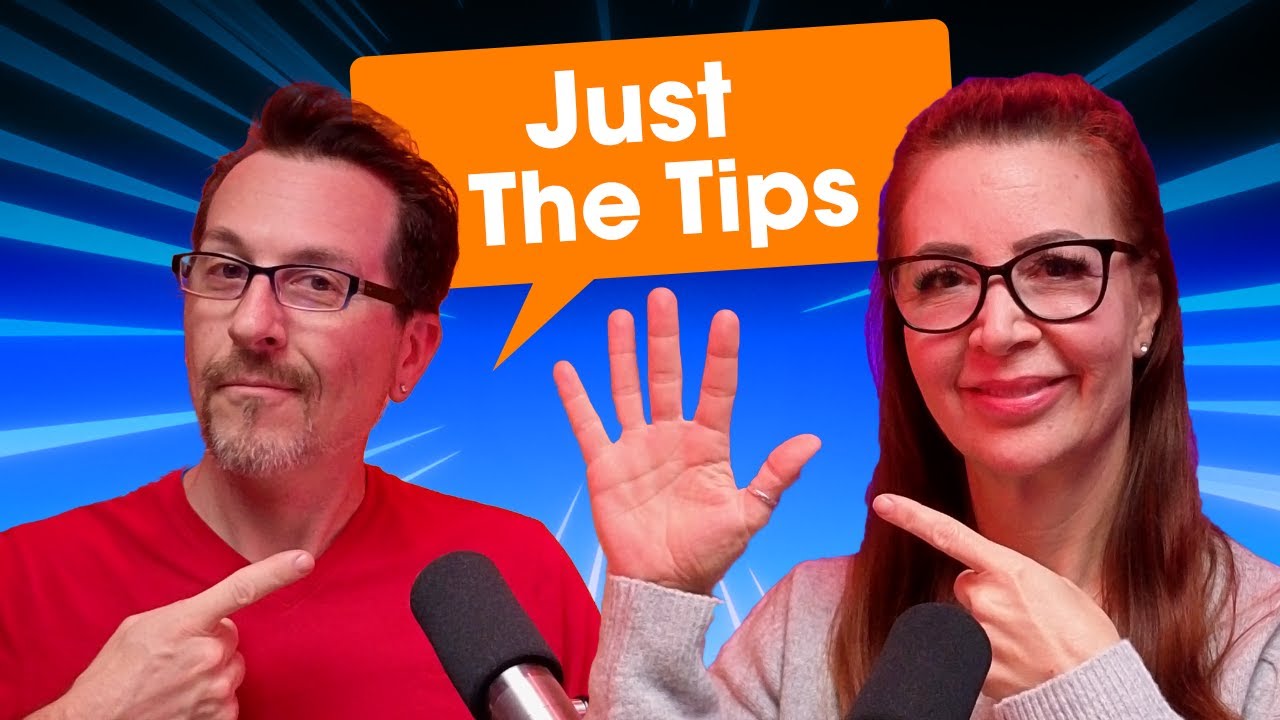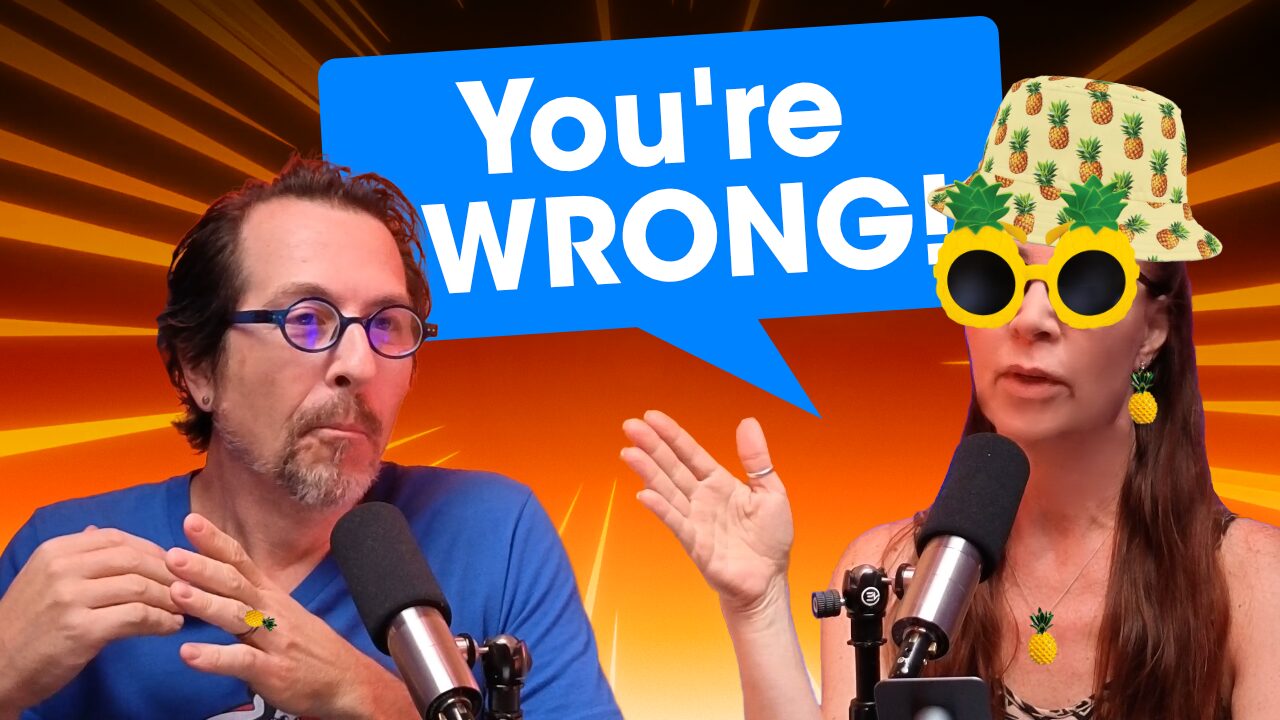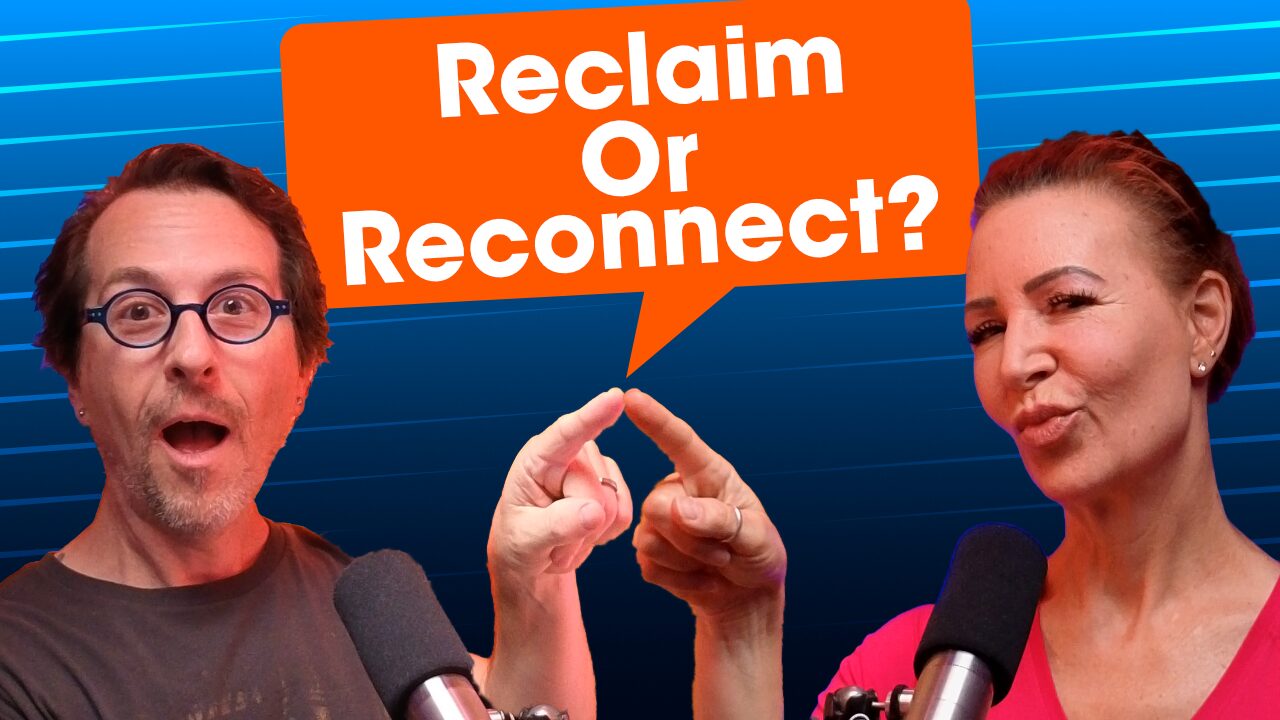The Swinger Podcast & YouTube Channel for Ethical Non-Monogamy
Learn how to explore open relationships with confidence, clarity, and compassion from experienced hosts Ed and Phoebe
Listen to the Latest Episode:
Breaking Stereotypes: Age, Body Type, and Preferences in the Swinger Community
Episode Topic Diversity in the Swinger Lifestyle Hosts Ed and Phoebe break down the surprising variety within swinger communities and why it’s not what you might expect. Key Topics Covered…
Welcome to Swinger University: Your Swinger Podcast & YouTube Channel
Welcome to Swinger University: Your Swinger Podcast & YouTube Channel Swinger University is the leading swinger podcast and YouTube channel for shame-free, trauma-informed relationship education. Hosted by Ed and Phoebe, our swinger podcast explores the lifestyle with practical advice, real stories, and expert insights.
Whether you listen to our swinger podcast episodes on your commute or watch our YouTube channel for visual storytelling, we provide comprehensive guidance on everything from newbie tips to advanced communication strategies. With over a decade of lifestyle experience, we’ve created a swinger podcast and YouTube community designed to help you navigate this alternative lifestyle safely and enjoyably.
Beyond the podcast and YouTube channel, join our community to connect with like-minded individuals who share your values around ethical non-monogamy.
Start Your Journey with Our Latest Episodes
Meet Your Hosts!

Phoebe Swinger
I’m Phoebe, your friendly neighborhood researcher and content guru for the podcast. I love digging into all things physical and mental health. I’m the one who curates the podcast episodes, blog posts, and newsletters, making sure everything is packed with information and a little bit of fun. I also manage our SEO, social media, and jump into our group chats to answer your questions. Basically, if it’s got to do with content, I’m on it!

Ed Swinger
I’m Ed, the technical wizard behind the scenes. I’m responsible for all the things you see and hear. With my background in voice-over work and public speaking, I make sure we sound as good as possible, and my expertise in website design and user experience allows me to create a smooth, easy-to-use experience. I’m also the one who records, films, and edits each episode, making sure the final product is a polished, professional piece of art.
The Swinger’s Guide: A Foundational Resource
The journey into the swinger lifestyle requires open communication, trust, and mutual respect among all parties. The Swinger’s Guide section is designed to be your first step, offering a comprehensive overview of the basics you need to know. Before exploring this new territory, it’s crucial to have an honest conversation with your partner to discuss your thoughts, desires, and motivations. The lifestyle can be a way to reignite the spark in a stagnant sex life or a safe, consensual environment to explore fantasies that one partner may not share. In addition to sexual satisfaction, couples often report improved communication, increased trust, and a deeper emotional connection.
This section will also prepare you for the real world of swinging by addressing important safety topics, as the podcast does. You will learn how to spot potential “red flags before you end up in an uncomfortable or unsafe situation” and separate fact from fiction regarding diversity, consent, and relationship risks. When you’re ready to find other swingers, modern technology offers various platforms tailored to the community, including specialized dating apps and online forums.
Join Our Community
While the podcast is our core educational resource, our community is where the real connection happens. We invite you to join our private, members-only community on Patreon to get “Spicy Extras & Behind the Scenes” content and exclusive access to our Discord group. Enjoy our exclusive discussions and content and connect with a community that shares your interests and values. Plus you get to help support the show!
To get started, visit our Patreon Community:
You can also find us on all major social media platforms:
Sign up for our newsletter to get all the latest updates:














